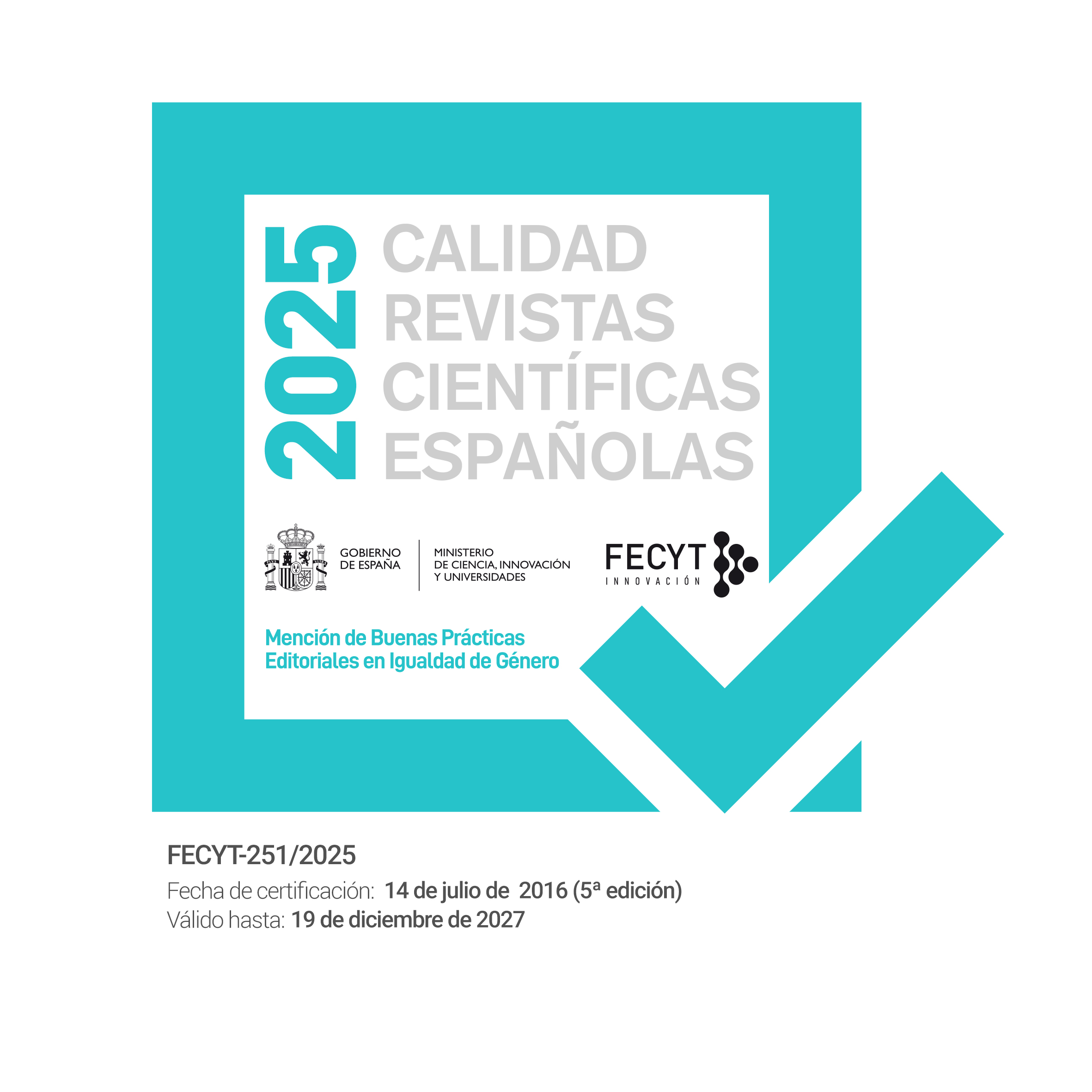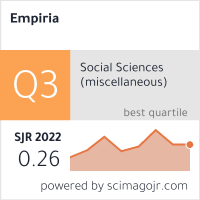Keys to think about building a complex object of research: theoretical and methodological decisions in a multi-method approach about children, adolescents and young people who work on the streets
DOI:
https://doi.org/10.5944/empiria.34.2016.16521Keywords:
mixed methods, labour, childhood, youth, public spaceAbstract
The paper covers theoretical and methodological decisions playing their role in an empirical research on children, adolescents and young people who work and/or live in the streets in La Plata City (capital of the Province of Buenos Aires, Argentina). This research aims to recognize both magnitude and peculiarities of the phenomenon in said city- where a research of said characteristics has not been made before- via a methodological approach backed by a sequential type mixed design. This presentation, particularly, focus its axis in thinking on the importance to make it explicit to the scientific community the means and ways theoretical and methodological decisions become articulated in a research process which approaches a complex object. The work is organized in three sections. The first one deals with explicitations and questions being made in this research and their relevance; the second section is about concepts that orientate research; in the third one an approach is made to the group of methodological decisions considered in order to carry out the study, focusing in what has been made in the first fieldwork stage-a poll aiming to relevate all of the subjects that integrate the analysis-. At last, in the conclusions offered it is outlined the importance of producing elements contributing to researches starting from similar interests, as well as covering decisions playing their role to construct and approach a complex object of questioning.
Downloads
Downloads
Published
How to Cite
Issue
Section
License
Los autores que publican en esta revista están de acuerdo con los siguientes términos:a) Los autores conservan los derechos de autor y garantizan a la revista el derecho de ser la primera publicación del trabajo al igual que licenciado bajo una Licencia Internacional Creative Commons CC BY-NC-SA 4.0.
b) Se permite y se anima a los autores a difundir electrónicamente las versiones pre-print (versión antes de ser evaluada) y/o post-print (versión evaluada y aceptada para su publicación) de sus obras antes de su publicación, ya que favorece su circulación y difusión más temprana y con ello un posible aumento en su citación y alcance entre la comunidad académica.












